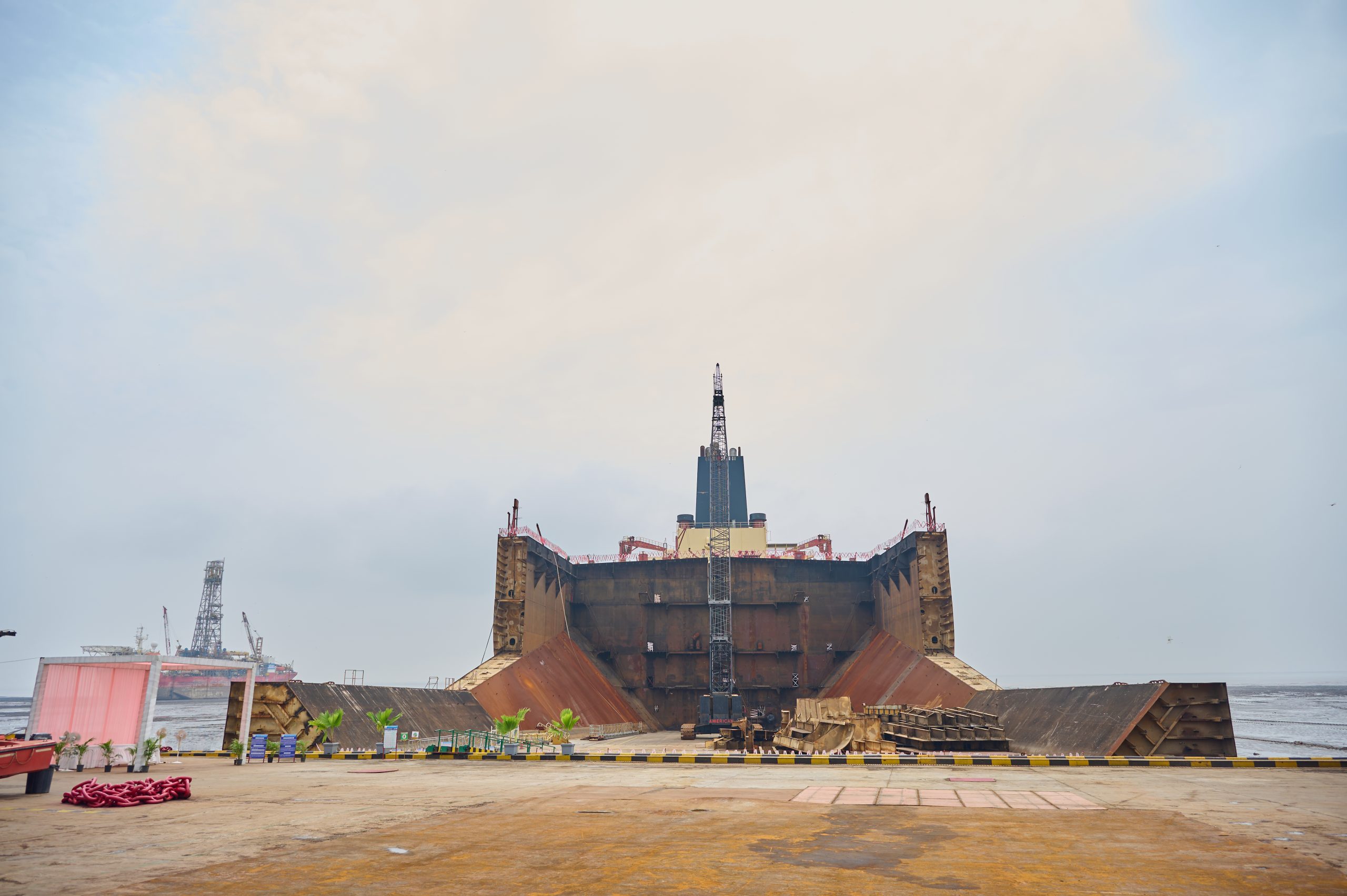The ship demolition industry is one of the fastest-growing industries. The inclination towards environment-friendly demolition of ships after their completion of the ship’s service period is picking up pace, argues Mr Rohit Agarwal, Managing Partner at GUIDESHIP CONSULTING SERVICES LLP.
The conventional methods of ship demolition were having adverse effects on the environment, so the leaders in ship demolition industry took a step in the direction of green ship recycling. The formation of the Hong Kong International Convention for the Safe and Environmentally Sound Recycling of Ships in 2009 brought a remarkable change in the ship demolition industry.
The major part of the ships is recyclable metal. The skilled teams of hardcore professionals at the world’s most extensive ship demolition facilities are committed to harvesting the most out of a ship to be circulated again with the recycling process.
The ship demolition process meets the four crucial R’s, making it efficient.
- Reduce: The emphasis of ship demolition operations in the modern-day era is to reduce the environmental negative impacts during the demolition process.
- Reuse: Some parts of a ship can be reused without the need to go through the complete recycling process and can directly be reused for vivid purposes.
- Refurbish: Refurbishing the materials for further use in the same or completely different industry domain is crucial to ship demolition procedures.
- Recycle: The ship’s composition is mostly metal. Hence recycling the scrap metals is the optimum choice that allows the circularity of these metals to be a cost-efficient operation.
The environmental concerns associated with the demolition operations of the ships on a large scale have been addressed now, and the ship demolition companies are investing in the economic and environmentally sustainable recycling of the ships.

The steel industry is responsible for 7-9 % of the total emissions of carbon dioxide around the world. This number is alarming, and the concern is addressed by taking a step towards green steel by partnering with different ship demolition companies.
Steel is the most widely used metal in the construction industry, and the cost to form a new batch of steel from scratch is not only economically impractical, but it also leaves a negative impact on the environment with the enormous amount of carbon emissions.
Green steel, an eco-friendlier alternative to standard steel, has been rising in favour in recent years. Green steel, in its most basic definition, is steel made without the use of fossil fuels. Green hydrogen is one potential answer to the problem of carbon emissions from the steel sector. Compared to conventional steel, green steel’s production uses less energy, making it the most eco-friendly option. Second, since it is fabricated from renewable materials, it produces less carbon dioxide. By using recycled resources in its production, this steel helps cut down on emissions.
Ship demolition companies are now cashing on the excellent property of steel that allows it to be recycled completely without losing any of its physical and compositional properties with a completely electric process that cuts down the emissions exponentially when compared to manufacturing a new batch of steel from scratch.
Many ship demolition companies are now working on recycling the steel in-house and generating higher revenue from the recycled green steel compared to the sales and trade of the scrap metal in the scrap markets.
The process of ship demolition is a complex task with numerous tangibles that need to be addressed simultaneously to optimize the maximum harvest from a ship in the given span. The management of hazardous waste during the demolition process is also emphasized and executed with better measures of safety on-site during the handling of hazardous materials.
In the past decade, the ship demolition industry has witnessed a green revolution that has encouraged companies to adopt operational changes during the demolition procedures to reduce carbon emissions. Ship demolition is a restorative procedure that aids in the construction of a cleaner, greener future. We can limit the amount of waste that ends up in our seas, lower the existing carbon footprint, and generate employment by breaking down outdated ships into usable components. The global heavyweights that are working under the Hong Kong International Convention for the Safe and Environmentally Sound Recycling of Ships have significantly reduced their carbon emissions, taking a step in the direction of environmental sustainability.
The views presented hereabove are only those of the author and do not necessarily reflect those of SAFETY4SEA and are for information sharing and discussion purposes only.

































































